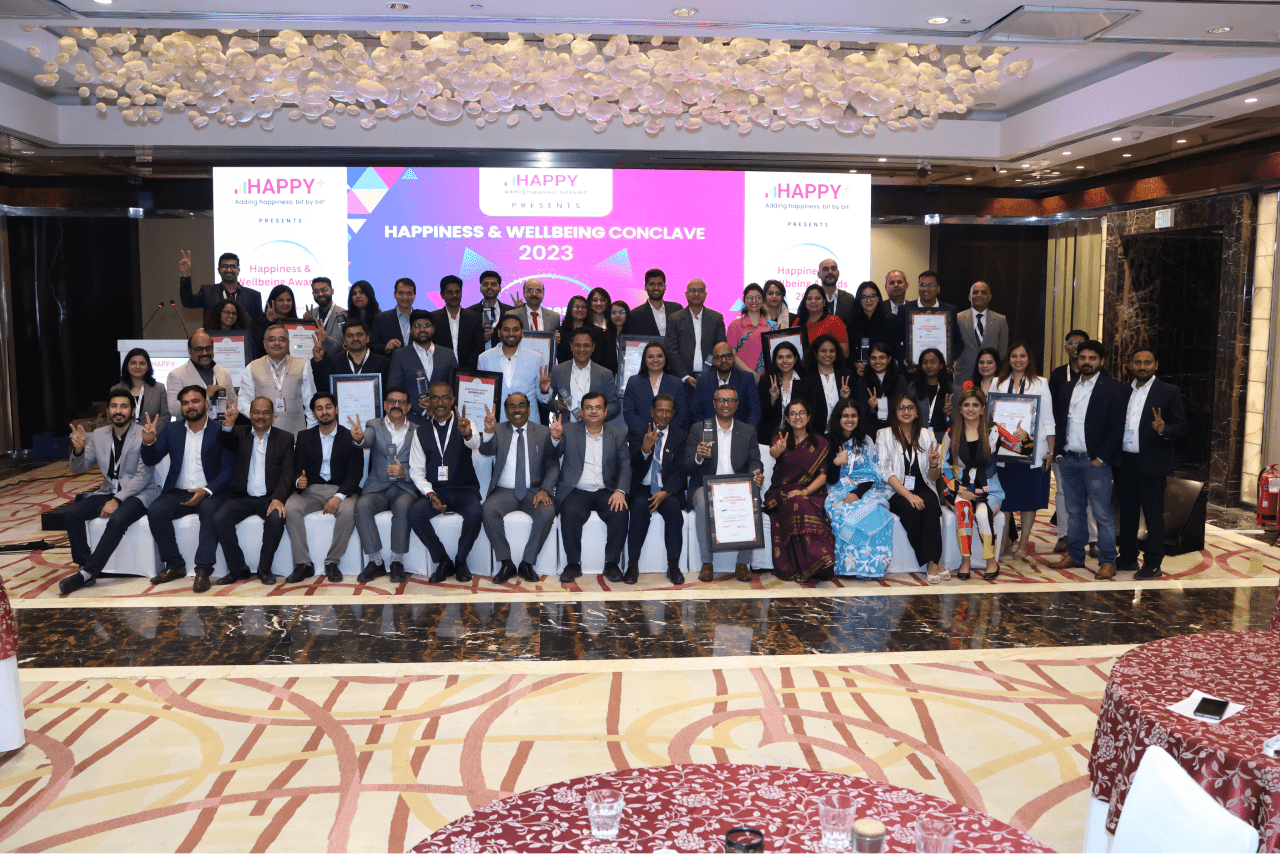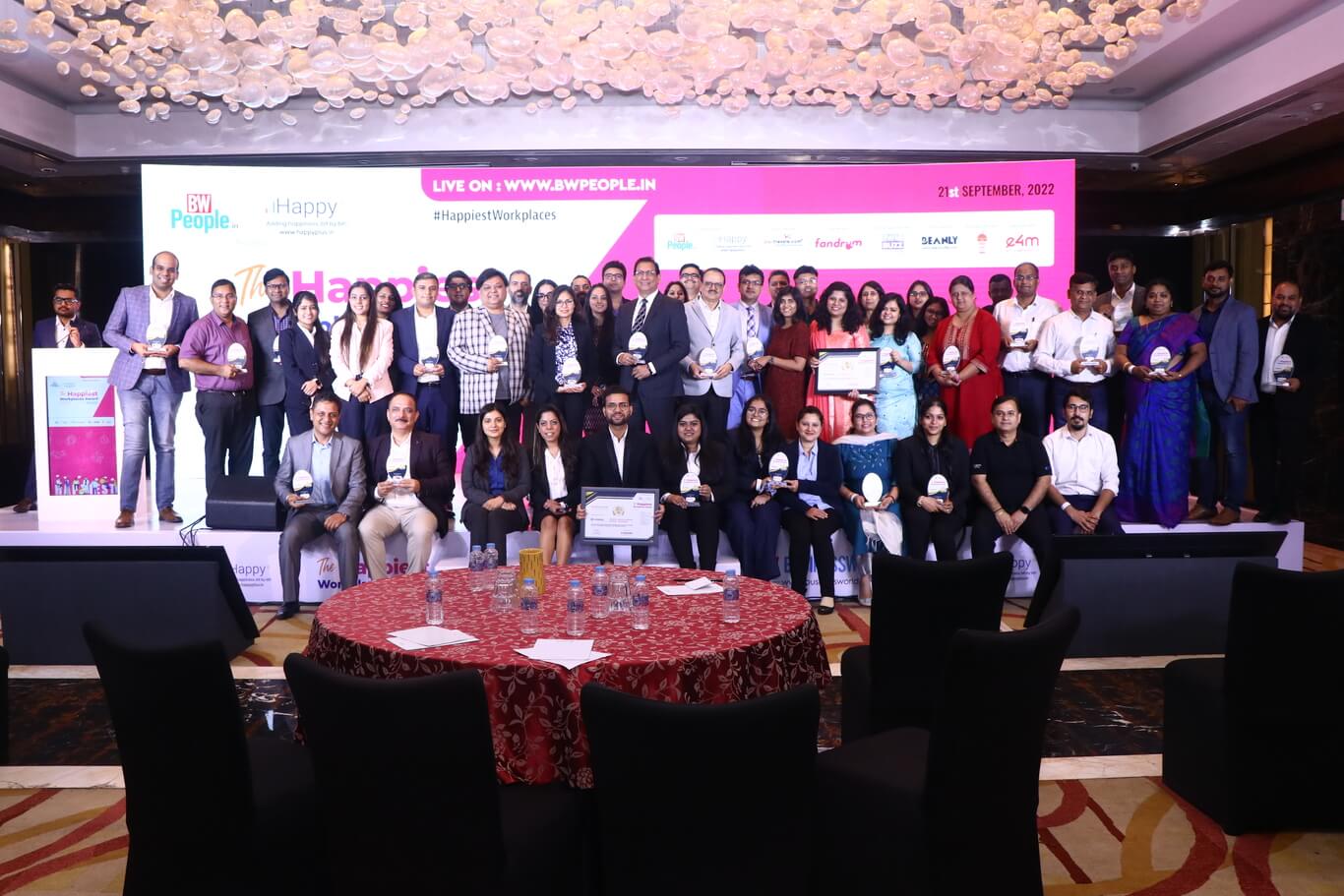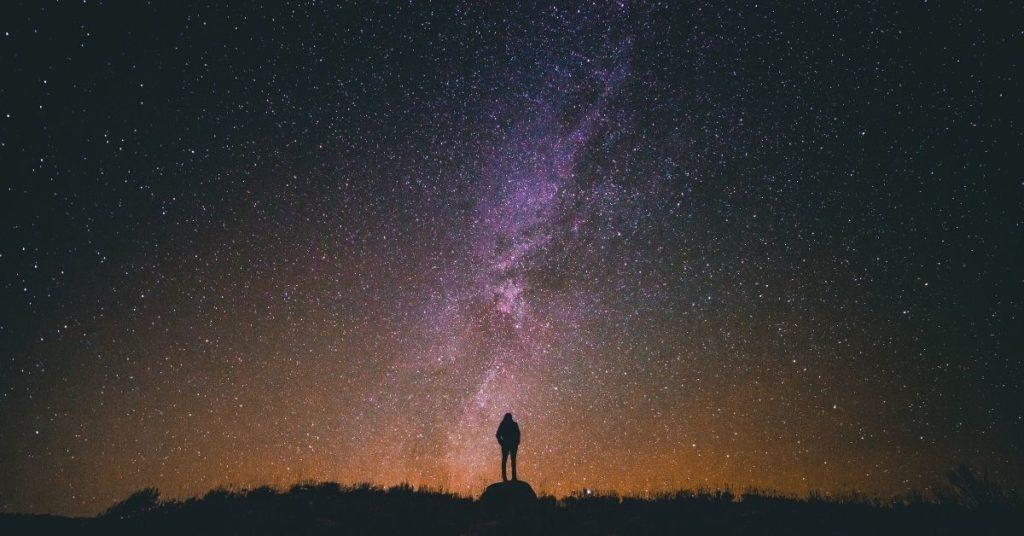The entire globe is going through various emotional turbulence; this is not a secret anymore. These emotions play a vital role for our mental health and everything we are doing in life.
Anxiety is one form of emotion that people develop in response to unknown circumstances and uncertainties. We are faced with a lot many circumstances in this pandemic (Covid19) situation to get anxious, like getting infected by the virus, job loss, financial crisis, social distancing, staying away from family, managing children single-handedly along with office work and this list can go on. This is complicated and it seems to get more demanding by the day.
So what’s the answer? How do we focus on our mental health and self-help to reduce the level of stress or anxiety?
I also do not have a real answer to this. The past three months were tough but they taught me to deal with some of it from my real-life experiences. The foreseeable future would be tougher for us all. Perhaps the most difficult part of this pandemic is the uncertainty of every aspect we are facing. This uncertainty is fueling our stress level and triggering the fear centres of our brain. Hence it is critically important that we take care of our own mental health to fight unknown enemies. Continuous anxiety is not good for health as it is often accompanied by sleepless nights, muscular tension, restlessness, fatigue, problems to focus or concentrate and these might lead to the development of chronic physical problems.
It is important to acknowledge that fear is a natural human behaviour. For human survival, when we have fear, we get triggered and with millions of years of human evolution, we have learnt to overcome our fear as a part of our survival tactics.
As the ancient history of human behaviour says, a moderate amount of fear helps us to survive. When it gets mixed with uncertainties, this can damage and impact mental health.
It’s normal to get anxiety occasionally. However, most of the time we are unaware of the symptoms when it is developing into a chronic anxiety disorder and do not know how to gain control over it.
Here’s my bit of experience in managing uncomfortable bouts of anxiety and what it took for me to come to terms with it.
Being mindful to consider correct news
Mushrooming news channels, social media expert views with special mention to WhatsApp university etc. are catapulting fake news that spreads faster than the virus.
This is emotionally infectious and tends to raise your stress or anxiety level. There are many good people in social media who intend to share useful information and there are news channels that cater to authentic news. However, too much flow of continuously distressing news may lead to anxiety attacks. The more you read or hear, without being conscious, the news gets onto you.
It took me some time to combat and get mindful of my actions. I, therefore, have:
muted all my social media groups where I have been bombarded with fake news.
started following authentic news sources and also ensured to try and validate it at my end before absorbing.
been watching the news twice a day
stopped talking about and sharing pandemic related information which are not validated.
been keeping myself away from my SMART device for a longer duration of time. As I realized, it is not very smart to be continuously occupied with this device.
Don’t get trapped in false or limited ways of thinking
Commonly experienced anxiety traps tend to make you feel like “Imagining worst possible situations happening with yourself”, “Imagining what others are thinking about you”, “Imagining what future holds for you”, “Considering extreme possibilities and polarizing the situations”, etc.
I am no different either. I’ve experienced these traps in phases. But when I realized the denting effect of these in my thought process, I took a step back. Tried to analyze how this is helping me to control external circumstances, if at all! The only answer I find is, “FOCUS ON WHAT YOU CAN CONTROL”. I took a pause and made a list of the things which I wanted to do for the last 10 years. A few of them are:
being aware of my weaknesses and utilizing this time to strengthen them.
I was obsessed with “Head-Stand” posture in Yoga; started practising Yoga to achieve it.
I wanted to explore World History for my sheer love of it; Spending time reading it.
pursuing my passion for Psychology and mastering it.
Long story short; no more excuses for time constraints and anxiety traps. Buckle up and find your unfinished passion/ work and give it a shape. Walk your talk
The question is how to handle one’s own emotional distress during the enormity of the present crisis. Ask yourself what you would have advised your loved ones to do during such times of stress. If your loved ones were anxious, what counsel would you offer in a similar situation? Offer that very advice to yourself, try to counsel your inner soul. This pause allows you to gain better control over your emotions thus having a good grip on your anxiety traps as well.
Take it one day at a time
Suppose you are driving a car. On normal nights, the ideal headlight visibility range is around 150-200 meters. However, on dense foggy nights, you can only keep your vision fixed for 20-50 meters. After every 20-50 meters, you will focus on the next 20-50 meters and go slow to reach your destination safely.
Life also follows the same rule. If you are in a situation, similar to the dense foggy nights, which is clouding and obstructing your visibility and judgment, take it as one day at a time instead of one week or month or year.
Try to convert each day which gives real meaning or purpose to you and your loved ones. Achieve your unfinished goals. It would give immense satisfaction and will keep your anxiety largely at bay.
We are human and the right dose of every emotional phase can help us to balance our life. But when anxiety starts taking a toll on our brain and creates chemical reactions for our body, it is important to consciously look for the right solutions. Take charge of your own self, tune it with your appropriate frequency which matters.
We have one life, our well-being is above all pandemic crisis!



